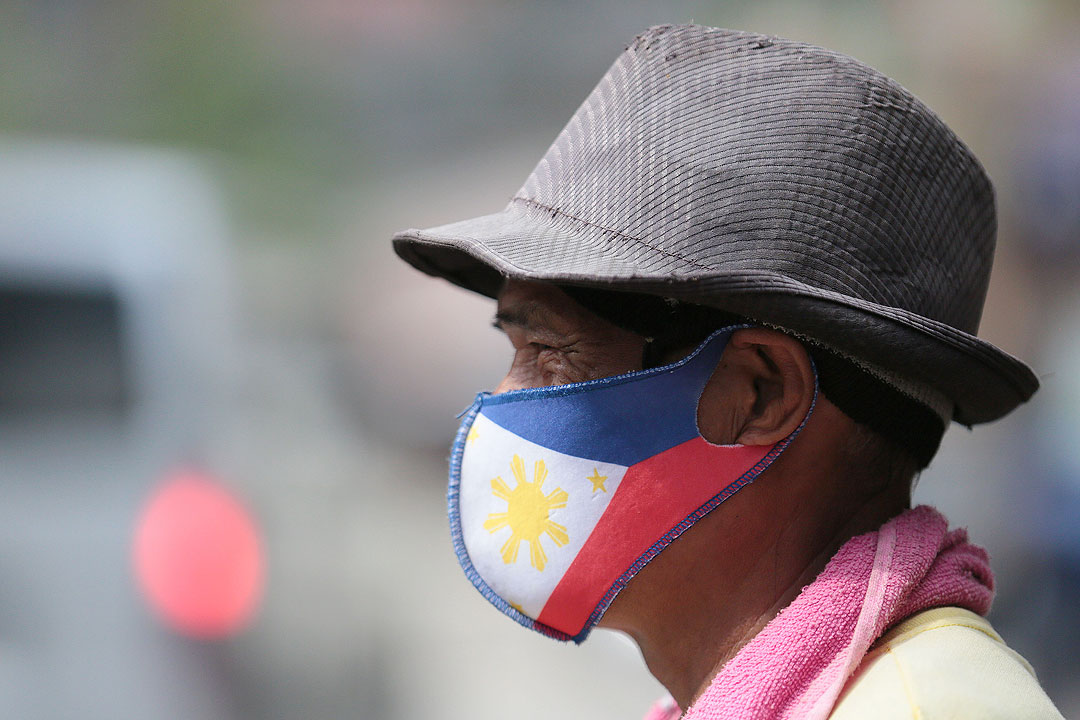
By Kyle Aristophere T. Atienza, Reporter
THE PHILIPPINES’ press freedom ranking further declined in 2022, amid continued cyberattacks on news websites and judicial harassment of journalists.
The country slipped nine spots to 147th out of 180 countries in the 2022 World Press Freedom Index by Paris-based Reporters Without Borders (RSF), which is said to be closely watched by some potential investors.
This is the Philippines’ lowest ranking in eight years since it ranked 149th in 2014.
In a report released on World Press Freedom Day on May 3, the global media watchdog noted that several news websites “that do not toe the line” of President Rodrigo R. Duterte, have been subjected to cyberattacks by trolls.
It also cited the Congress’ refusal to renew the franchise of ABS-CBN Corp., the country’s largest broadcast network, “leading to the closure of dozens of radio stations and TV channels.”
“The Philippines is due to emerge from Duterte’s six-year presidency in 2022, six years marked by countless verbal attacks coupled with judicial harassment targeting any media deemed overly critical of the government,” it said.
Mr. Duterte’s Acting Spokesperson Jose Ruperto Martin M. Andanar downplayed the report, saying that the Philippines is not yet included in the red list of countries with very bad press freedom situations.
“[It] has acknowledged that the Philippine media are extremely vibrant,” he said at a regular news conference on Wednesday.
The Reporters Without Borders used a new methodology for this year’s rankings, as it assessed press freedom in terms of political context, legal framework, economic context, sociocultural context and safety.
In terms of legal framework, Reporters Without Borders noted that Philippine laws do not protect the ability of journalists to work freely despite the freedom of the press guaranteed by the 1987 Constitution, which was crafted after a people power uprising toppled the late dictator Ferdinand E. Marcos.
It cited the case of journalist and Nobel Peace Prize winner Maria A. Ressa who is facing legal action brought by several government agencies.
“Defamation is still criminalized. The government uses laws relating to media ownership and taxation to harass critical media such as the Rappler website,” it said, referring to the website led by Ms. Ressa.
Maria Ela L. Atienza, a political science professor at the University of the Philippines, said the RSF report is “accurate.”
“The Duterte administration has not been very tolerant of media and did not respect media freedom. It has also not protected the rights of media workers,” she said.
Ms. Atienza said Mr. Duterte prefers to communicate with “friendly” media outlets, such as the Sonshine Media Network International (SMNI) of his spiritual adviser Apollo C. Quiboloy, who is wanted in the United States for sex trafficking chargers.
“The recent RSF ranking provides empirical basis for the existence of culture of impunity in the Philippines which certain government agencies either sweep under the rug or shamelessly deny,” Danilo Arao, who teaches journalism at the University of the Philippines, said in a Messenger chat.
The report also noted the end of supposed duopoly between ABS-CBN and rival GMA Network with the entry of another media company controlled by a firm of business tycoon and former Senate president Manuel B. Villar, who is allied with Mr. Duterte.
“Journalists working for this kind of media outlet have little editorial autonomy, self-censorship is the rule and respect for journalistic ethics is not guaranteed,” it said. “The internet and social media offer a space where many independent media can work freely but their economic viability is uncertain.”
In general, RSF said mainstream media ownership has reached greater levels of concentration than in the past, “a development accompanied by closer ties between media owning families and political barons at regional and national levels.”
It said radio and TV are the most popular media in the country, while print media continues to lose momentum with some regional newspapers struggling to continue their operations.
Still, RSF described the Philippine media as “extremely vibrant despite the government’s targeted attacks and constant harassment, since 2016, of journalists and media outlets that are too critical.”
Michael L. Ricafort, chief economist at Rizal Commercial Banking Corp., said global and local investors would likely consider the index in making investment decisions.
“Global investors become keener and more particular on the compliance of governments and companies that they invest into on environmental, social, and governance (ESG) standards, as also encouraged by global regulators,” he said in a Viber message.
“Stronger institutions, rule of law, basic rights and freedom, which are part of compliance with ESG standards, are important considerations when making investment decisions.”
John Paolo R. Rivera, an economist at the Asian Institute of Management, said in a Viber message that the index would allow investors to gauge the level of political stability in the country.
“The level of media freedom determines many forms of stability — whether social, political, economic,” Mr. Rivera said.
Among East Asia and Southeast Asian countries, Timor-Leste had the highest ranking at 17th place on the World Press Freedom index, followed by Taiwan (38th) and South Korea (43th). North Korea had the worst press freedom ranking overall at 180th spot. China ranked 175th on the index.
For all the latest Business News Click Here
For the latest news and updates, follow us on Google News.

